Transcript
Eric Gormly: When I was in the Marines, I served in Iraq twice in 2006 and in 2009, and then I did a joint services training with the South American Special Forces that lasted about a month and it was in Peru, and then I also helped with Hurricane Katrina relief. My actual job in the Marines, I was a cook, but whenever we would deploy, that was already contracted out, so I was infantry when I deployed.
Probably the biggest takeaway that I had was motivation to complete tasks, especially when it came to education. I was never really that motivated of a student. I was a decent student in high school, but I just didn’t have a lot of that direction. And so, I think the Marines really instilled that sense of motivation and mission accomplishment, which really helped when I got to college and just in life in general — in a career and everything.
One of the most misunderstood things about veterans is, in a normal civilian world, a lot of civilians think about the negative things that veterans bring with them. Whether it be PTSD or just any kind of experience that they had, they always seem to think about the negative side of that and not so much the positive effects that military had on folks’ lives, like how it maybe made them better or the leadership qualities that they bring the places they go, the maturity level to their counterparts, the world experiences, so, the outside views that they bring into certain situations and things like that.
So the opening of the Student Veteran Resource Center on November 11th, 2016 has been a huge impact on the student veteran population, and I would like to think the general student population of Appalachian State. Since it’s opened, we’ve had over 3,000 single visits; now those are made up of, you know, sometimes repeat students and things like that, but 3,000 visits into the center. I would honestly say we’ve quickly outgrown the center already. And some of the things that we’ve brought here, in just that short year, we’ve brought tutoring into the center; we’ve brought career development; they have a representative that comes here into the center; we’ve provided multiple student veterans with employment opportunities.
I think the number one thing that the center has done for the student veteran population is it’s given them a sense of camaraderie on campus that they, I’m not gonna say that they wouldn’t otherwise have it but, they wouldn’t necessarily know where to seek that out and where to find those other student veterans. You know, they can walk in here and they immediately know that the folks working in here, myself as a full-time employee, the student workers, the other students who are in here, they all have military experience, so it’s just kind of something familiar and one thing that you know you’ll hear a lot of student veterans say is that they, when they get out of the military, they built that brotherhood, that sisterhood with all those folks in the military. They get out, they’re going to an unknown place, like a university, especially in northwest North Carolina up in the mountains where they might not know anybody, and being able to walk into this center and immediately find a little bit of common ground, that’s a great thing for those student veterans.
So one of the things that my position really, was the focus of my position when I was hired, was to bring a central point of contact to Appalachian State, for the student veterans. Since I just graduated in 2015, with my recent experience of making that transition from military to school, to higher education, and now to civilian life, you know, it really helps me to bring that to the students. So, my advantage is that I can look back at the things that maybe I missed out on, or thought that would’ve been very useful for me to know and I can pass that along to the students.
The military, they’re trying to do a much better job of helping them with these transitional resources and things like that, their benefits, counseling and things. But, they don’t know the situational aspects of things, so, when a student comes to Appalachian, it’s a little bit different than them going to a community college, or them going Duke, or even Chapel Hill or somewhere like that. So it’s all situational as far as what benefits they can use, how they can use them, what’s the best way to use them, and different things like that.
Appalachian State University has come a long way in the year that I’ve been here, a little over a year that I’ve been here, as far as helping student veterans. They’ve always done the most to help student veterans. Before I got here, they had priority registration for student veterans, which enables the student veteran to enroll in classes a little bit before their counterparts, the juniors, sophomores, freshman. That works a few ways: with the common age of veterans are between 24 and 32, you might have competing priorities such as work, a family, so building your perfect schedule helps manage those other things, and also [with the] GI bill, you need a certain number of hours to get paid the right amount and everything.
There’s a Military Affairs Committee on campus that has been around, so they were actually the initial push of the student veteran resource center. It just so happened that the school made even more of a push after I got here, but by no means was that, you know, just me.
For the future of the Student Veteran Resource Center, I would like to see us implement a little bit more programming. We already have quite a bit of programming that comes in here, but we do have this extra office in the back that I would really like to see utilized pretty much all hours of the day by not someone in the student veteran resource center, by an outside entity coming in, whether it be Appalachian State, whether it be the community veteran services officer, maybe the VA health care — they send up a representative — but I would like to see further programming for the student veterans in there.
And then in the long term, I would like to see the Student Veteran Resource Center grow, physically. There are times where students will come in here and they’ll have to pull a chair out of my office, or they will have to stand, or they will see that the center is just too crowded at that point and then they’ll go out in the hallway and study, or they’ll, you know, go do other things, go eat lunch somewhere else. So, growing the center would be nice to be able to accommodate more student veterans.
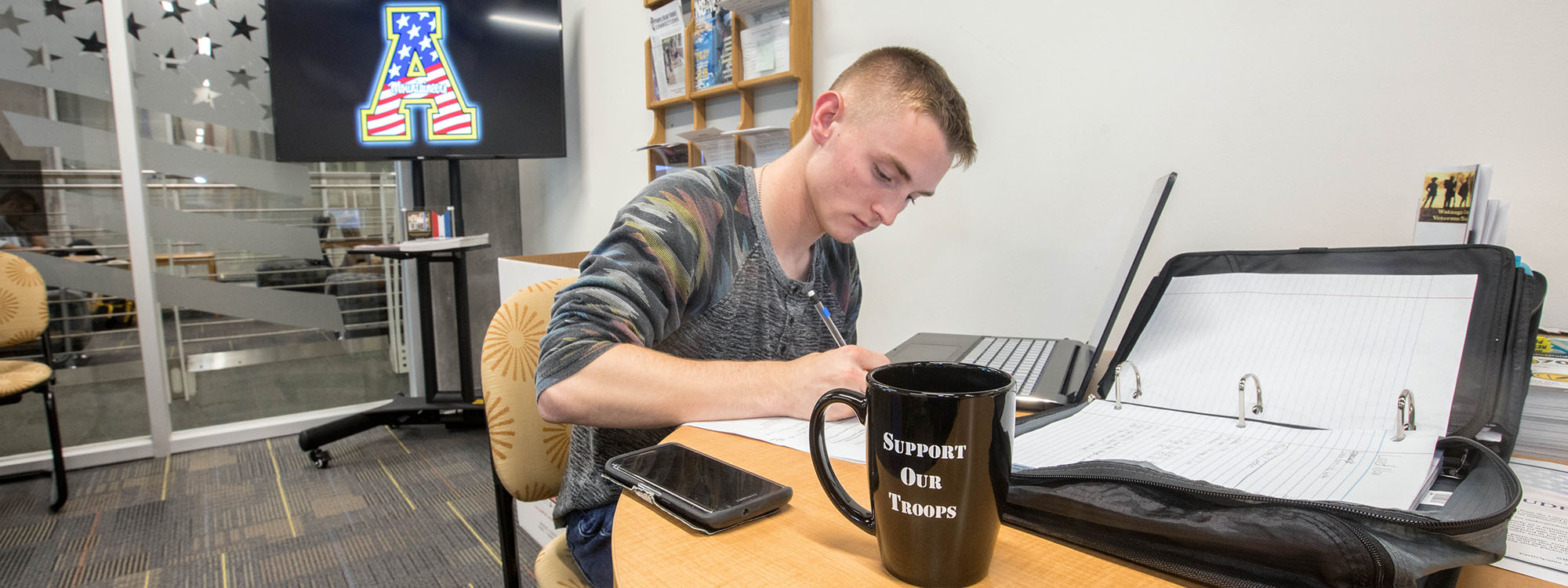
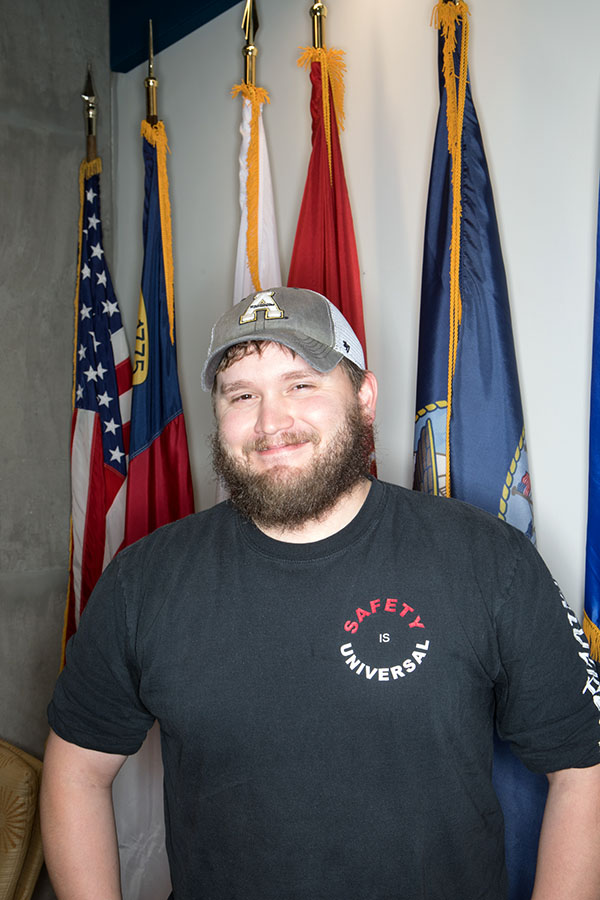
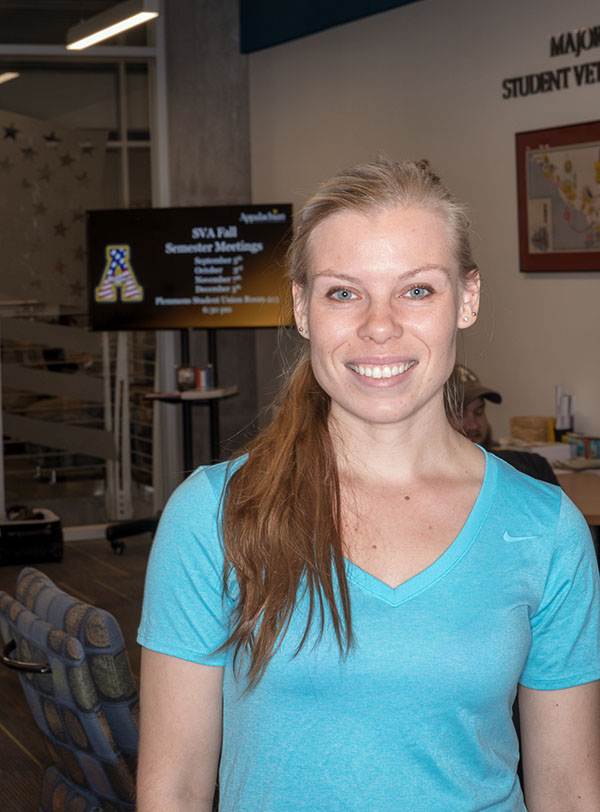
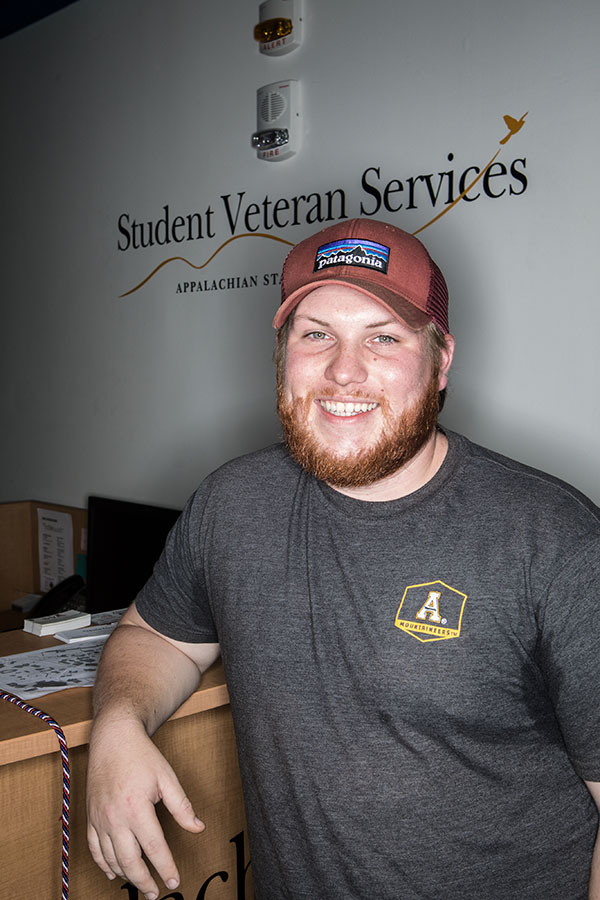
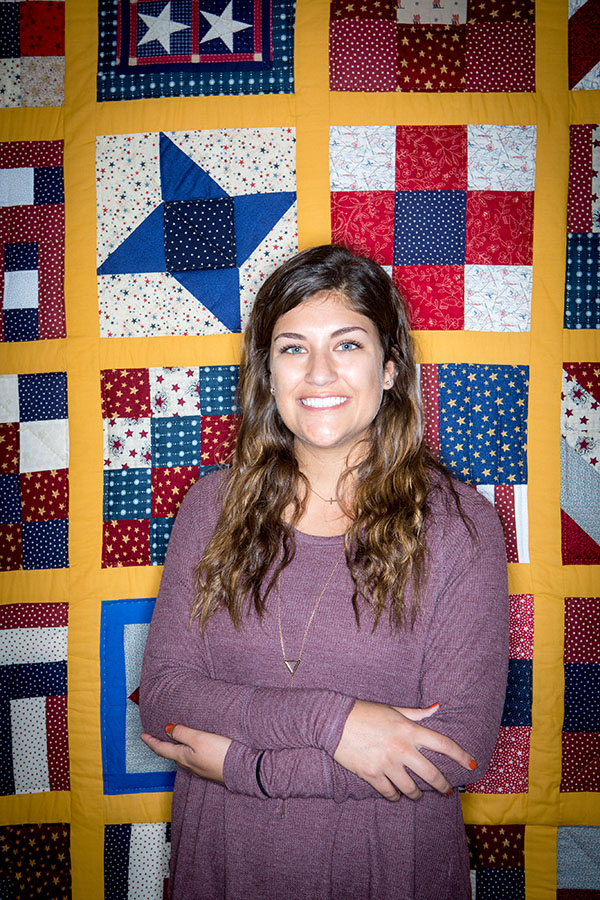
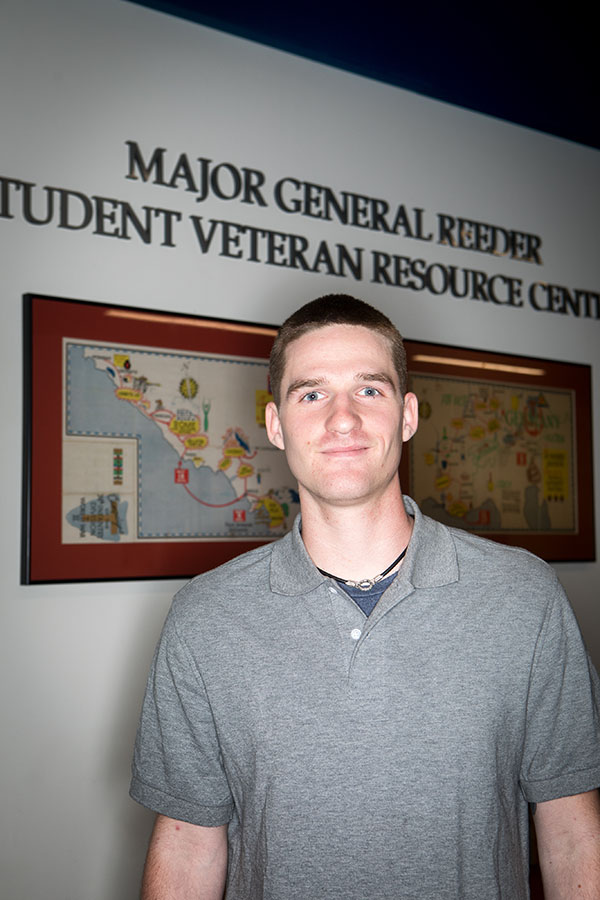
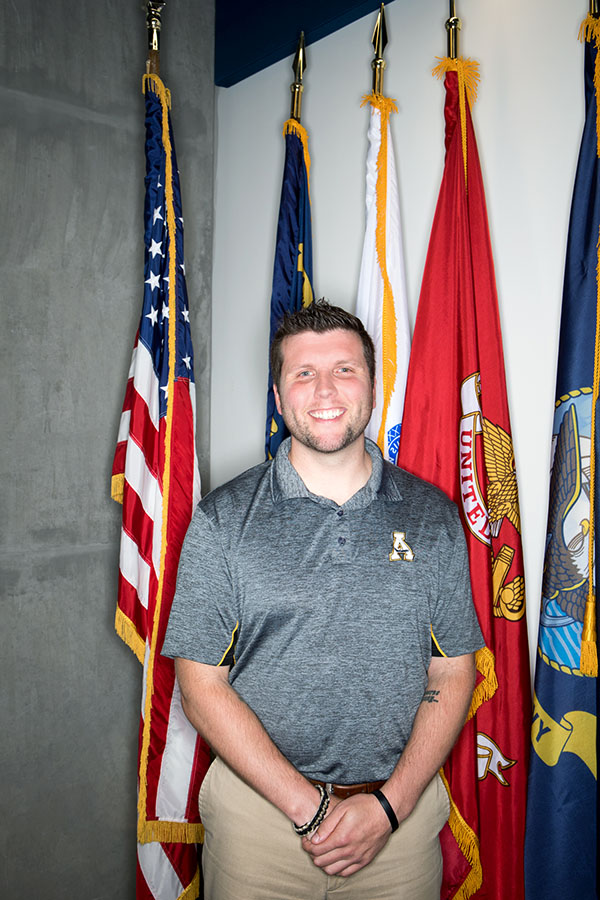
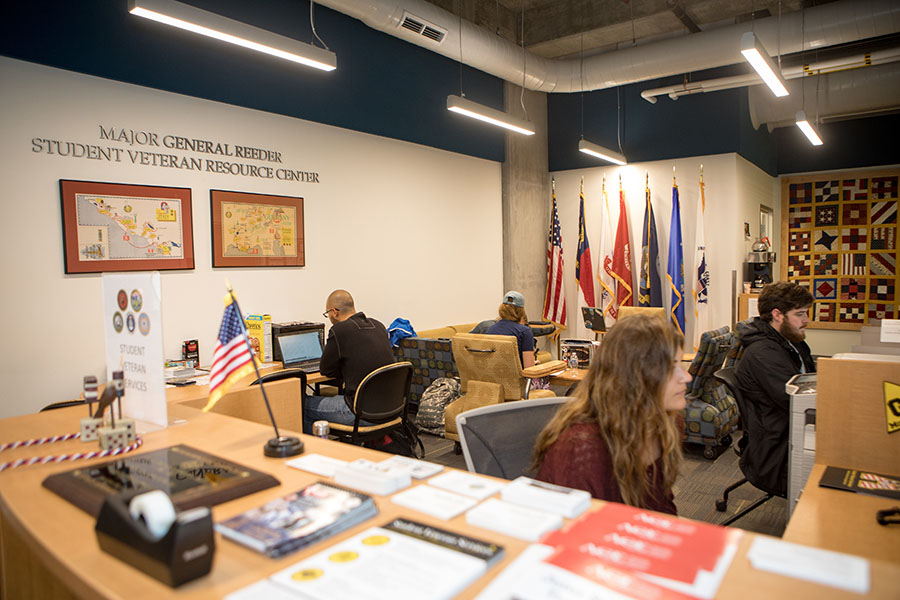
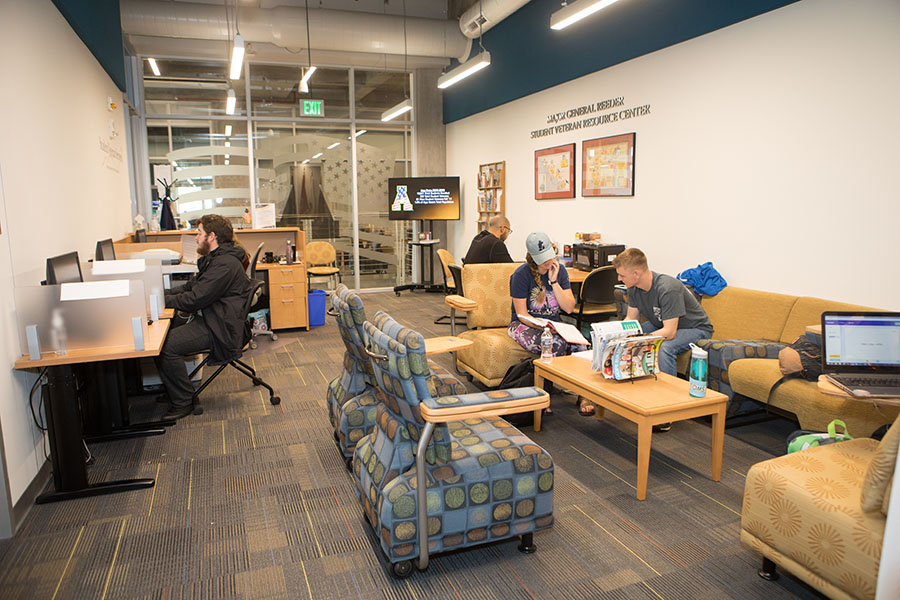
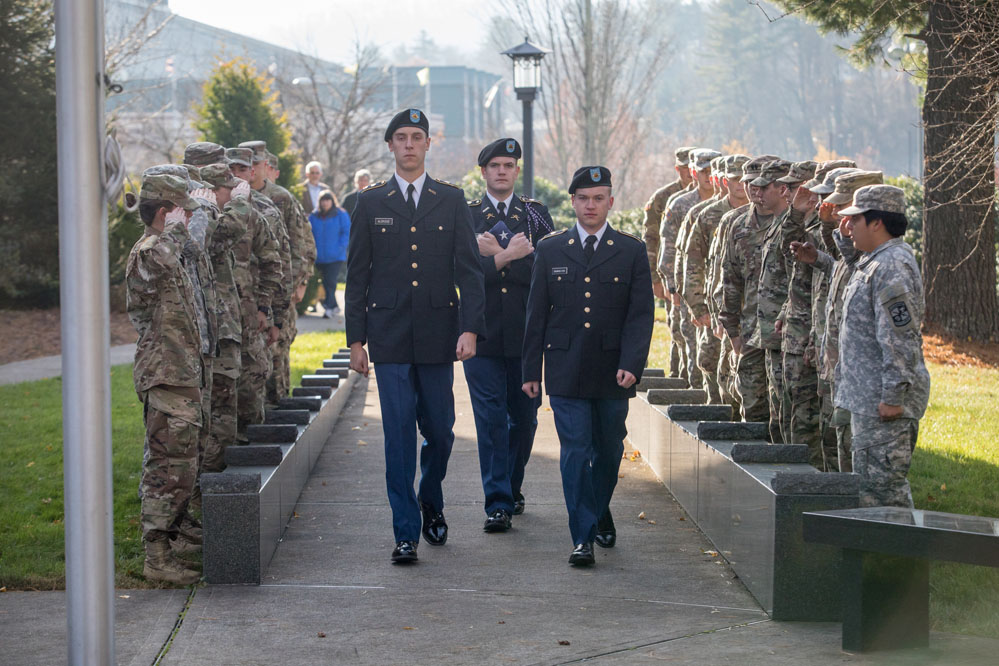
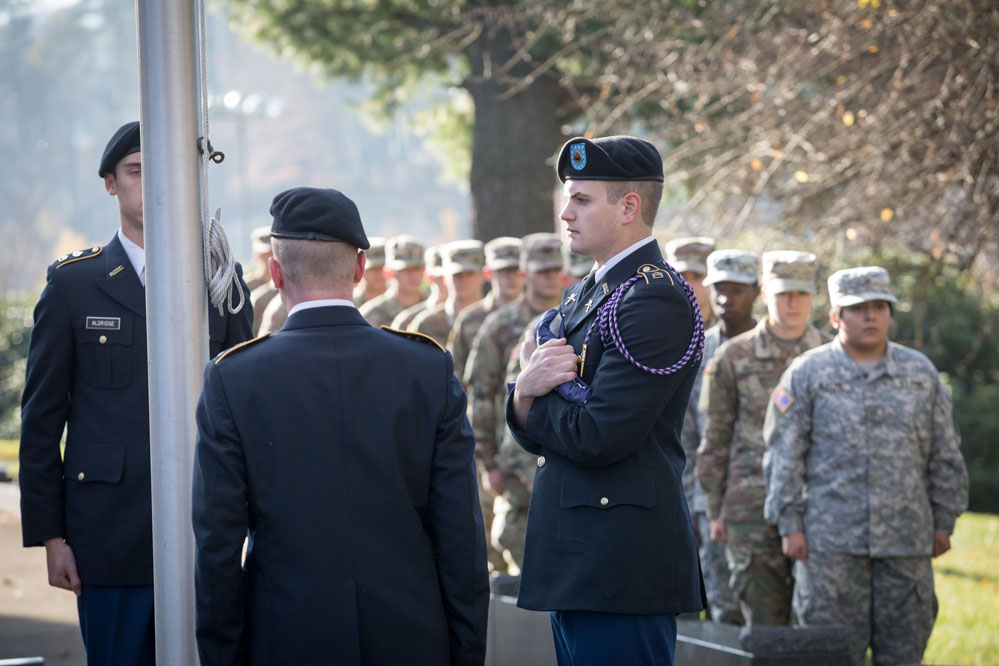
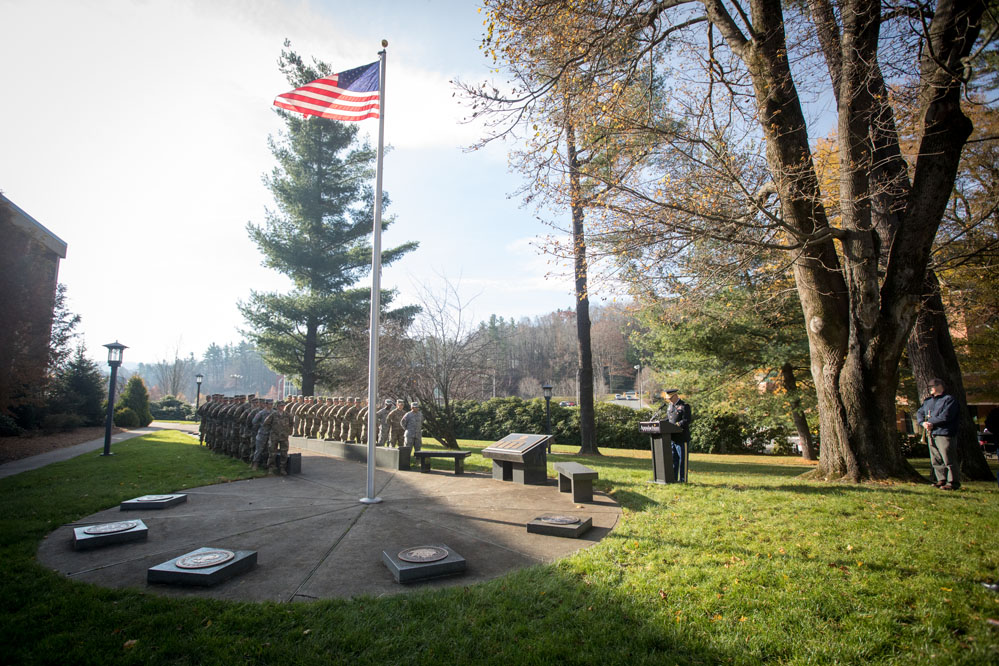
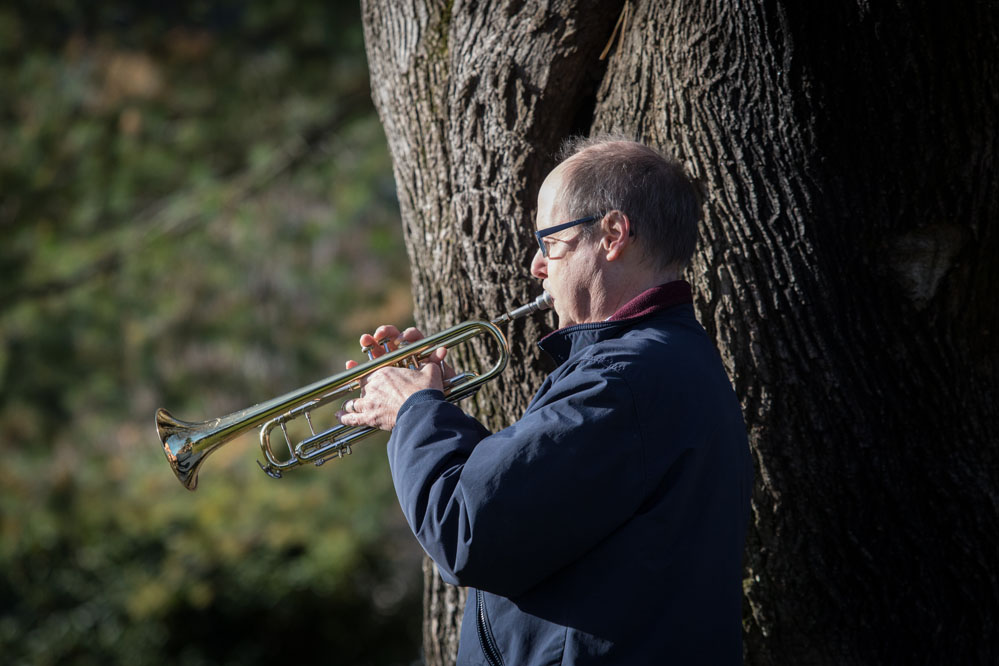
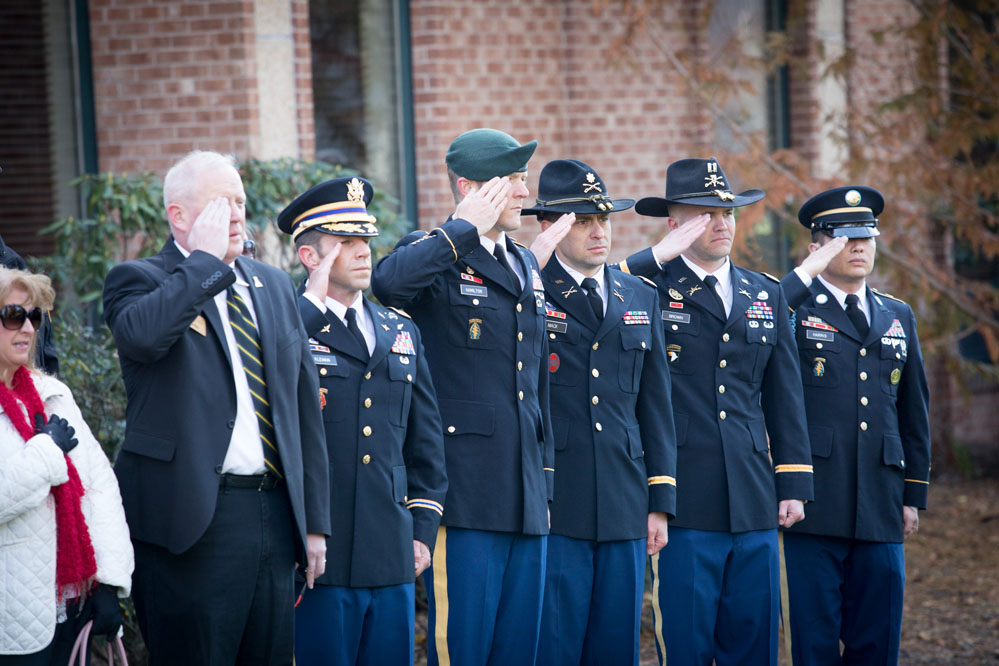
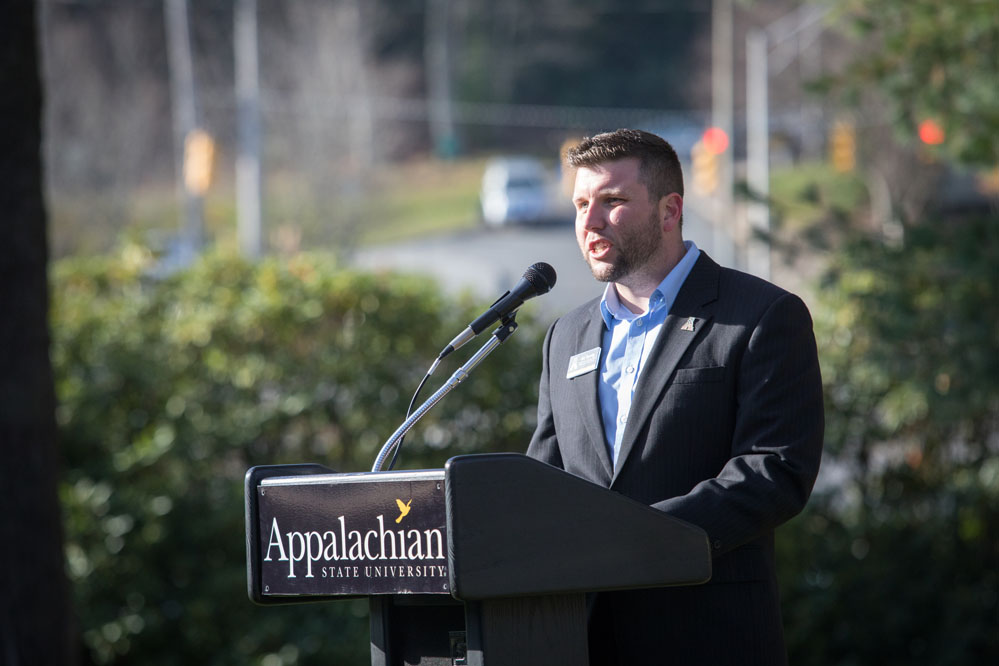
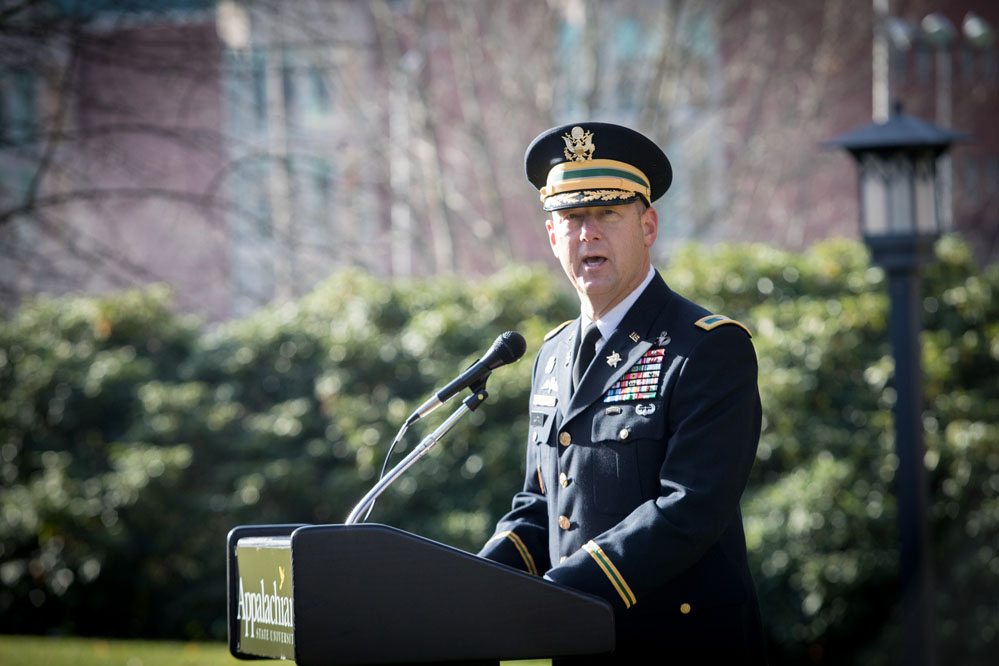
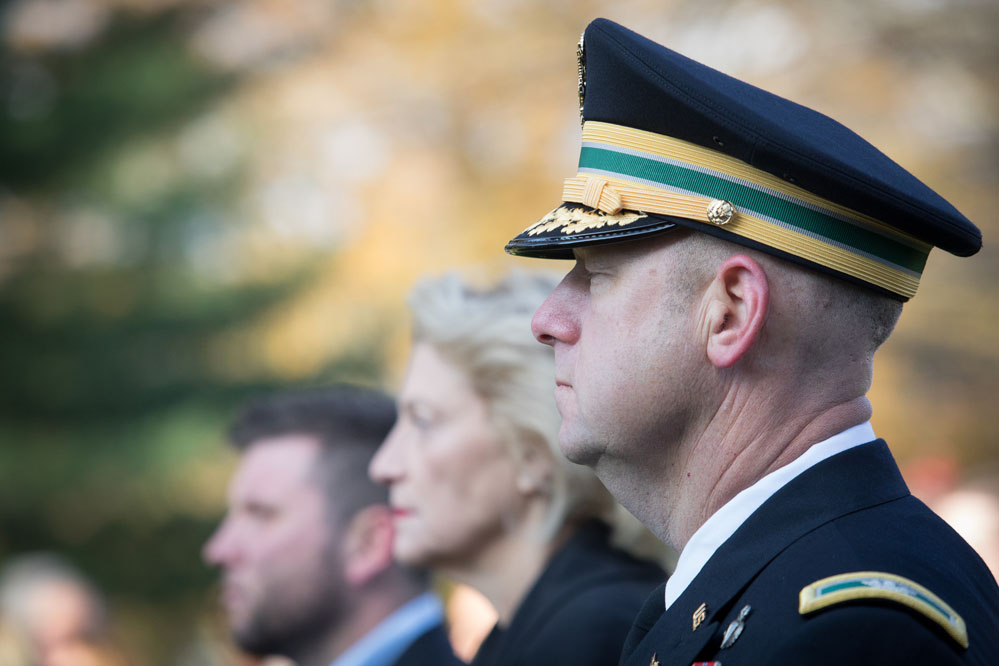
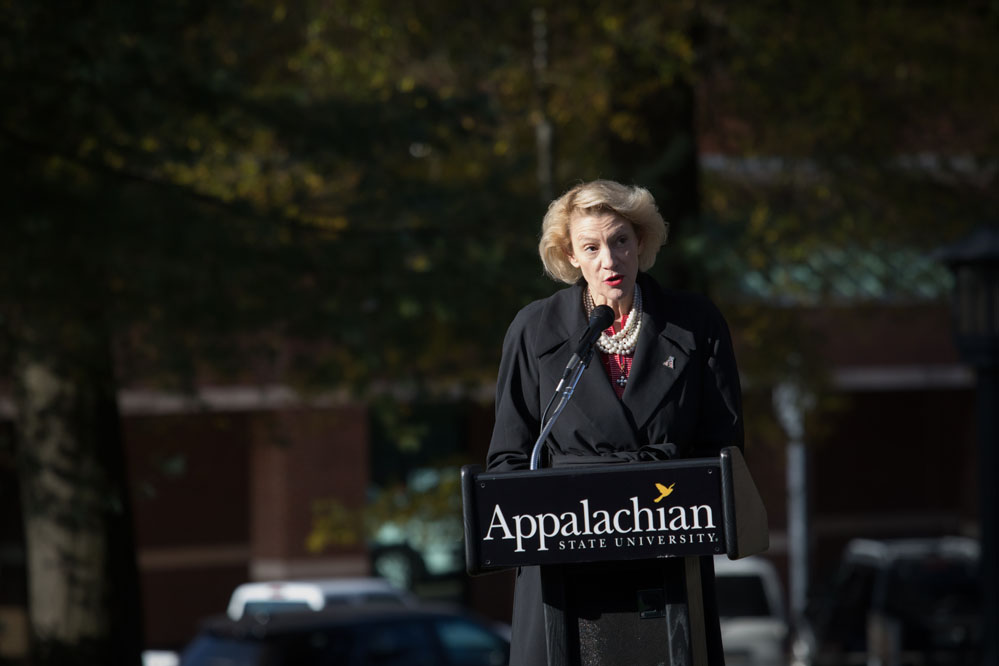
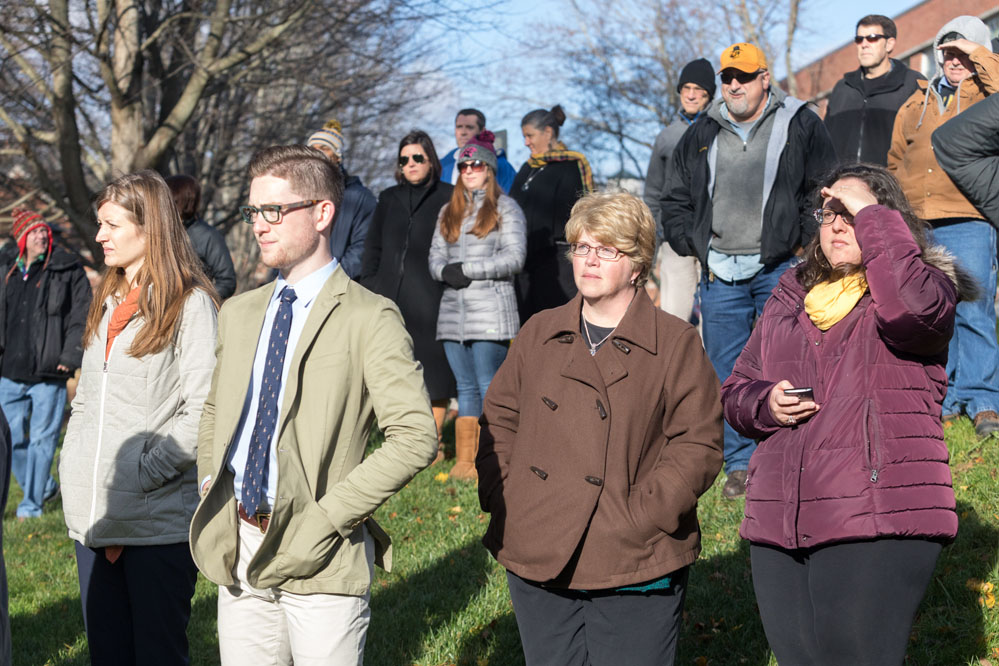
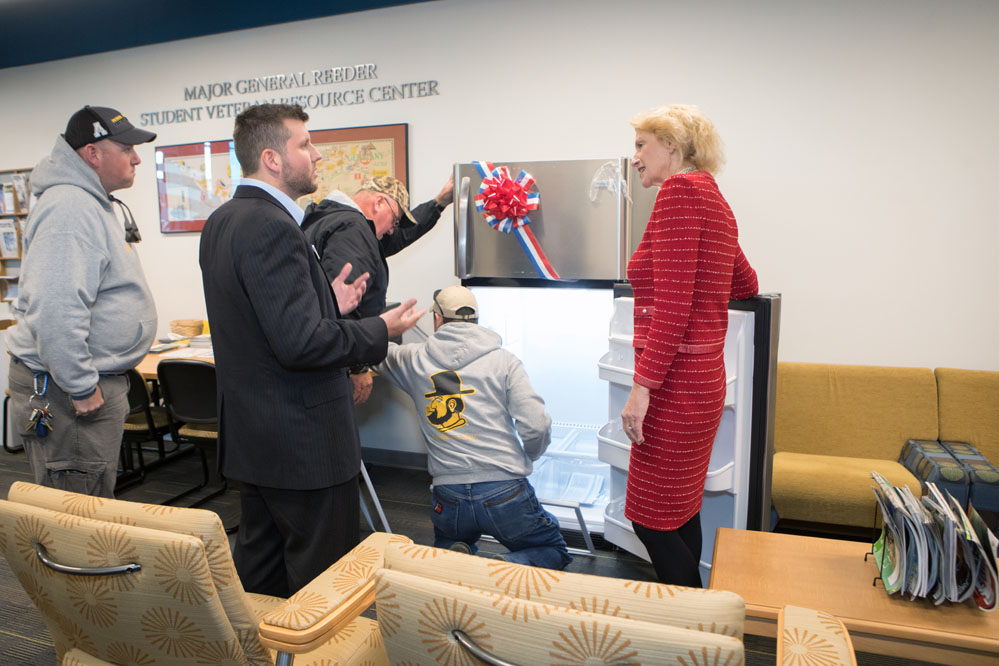











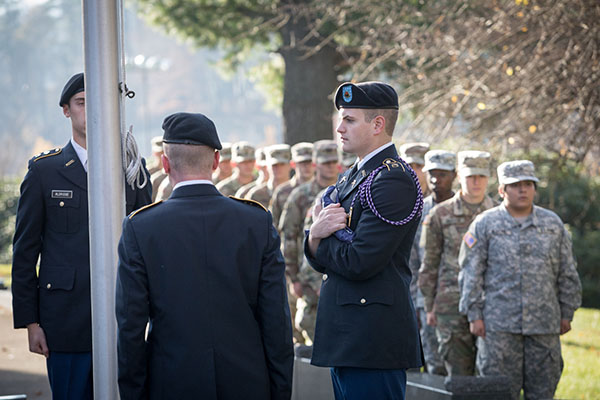
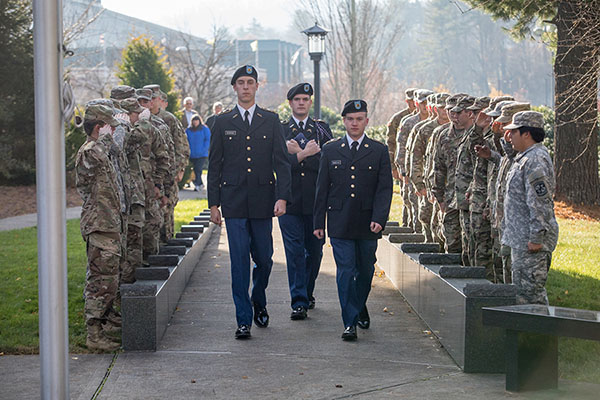
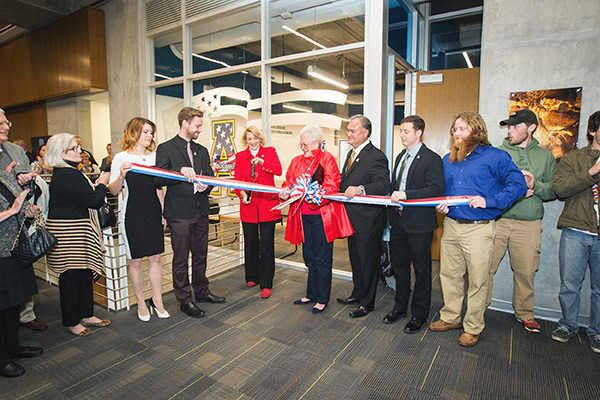
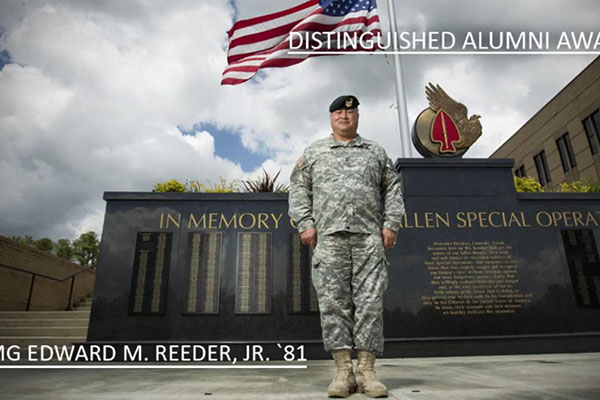
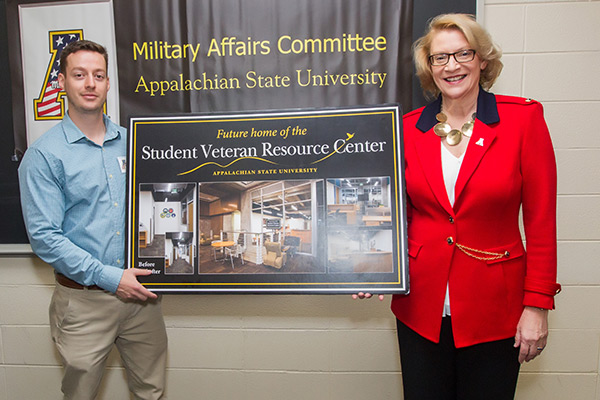
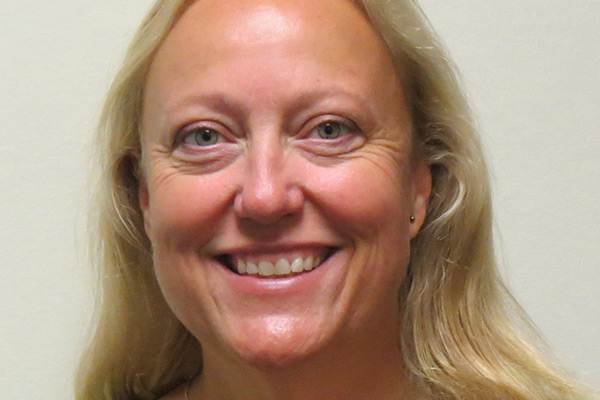
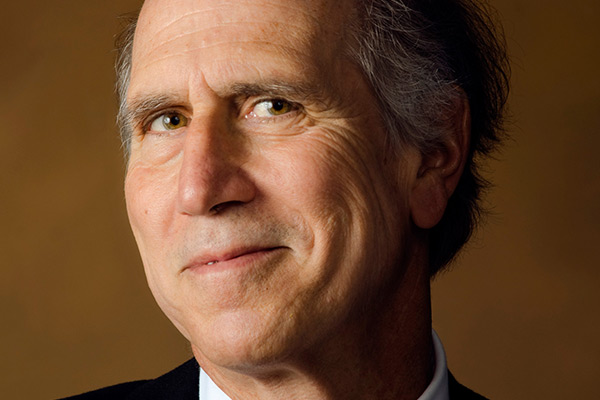
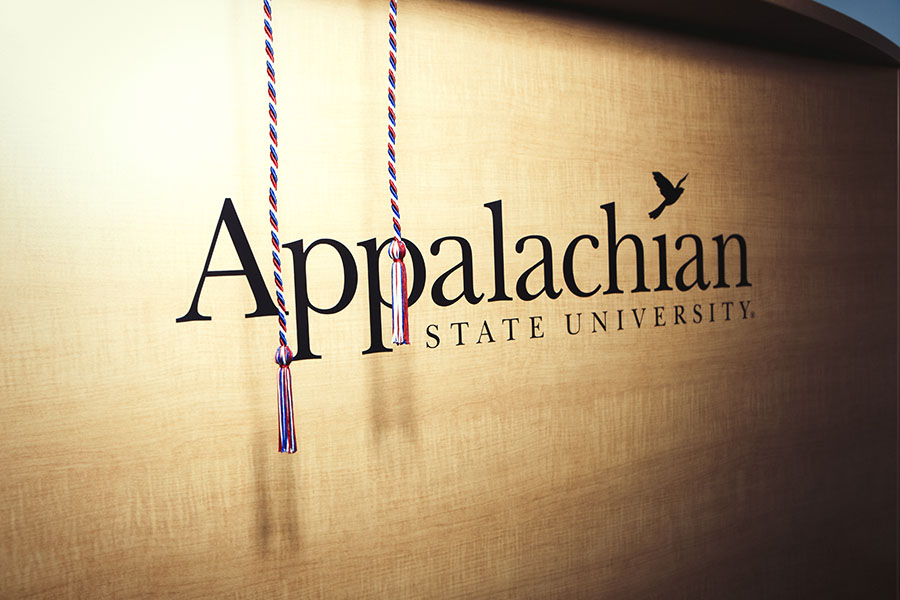
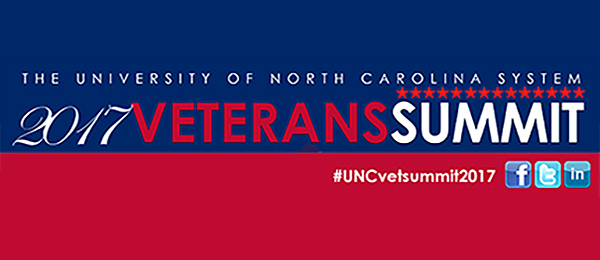



![How NCInnovation Is Rethinking Economic Development in North Carolina [faculty featured]](/_images/_posts/2026/02/rethinking-economic-development-600x400.jpg)







